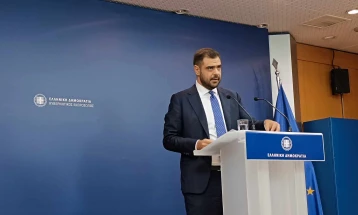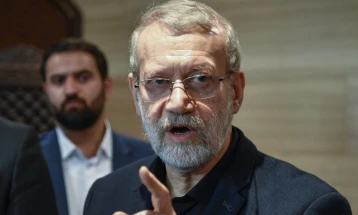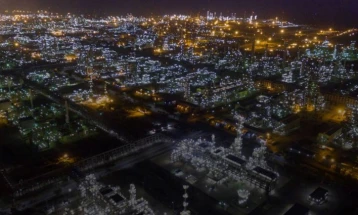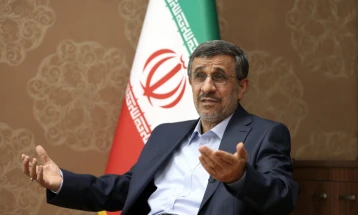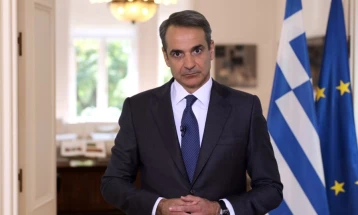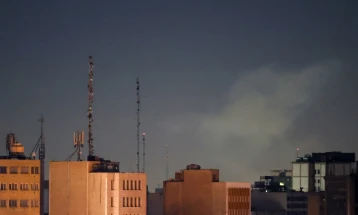Russia to launch its first moon space probe in 50 years
- Russia announced on Monday that it will launch its Luna-25 spaceprobe to explore the moon on Friday, marking the first mission of its kind in nearly 50 years.
- Post By Ivan Kolekevski
- 18:35, 7 August, 2023
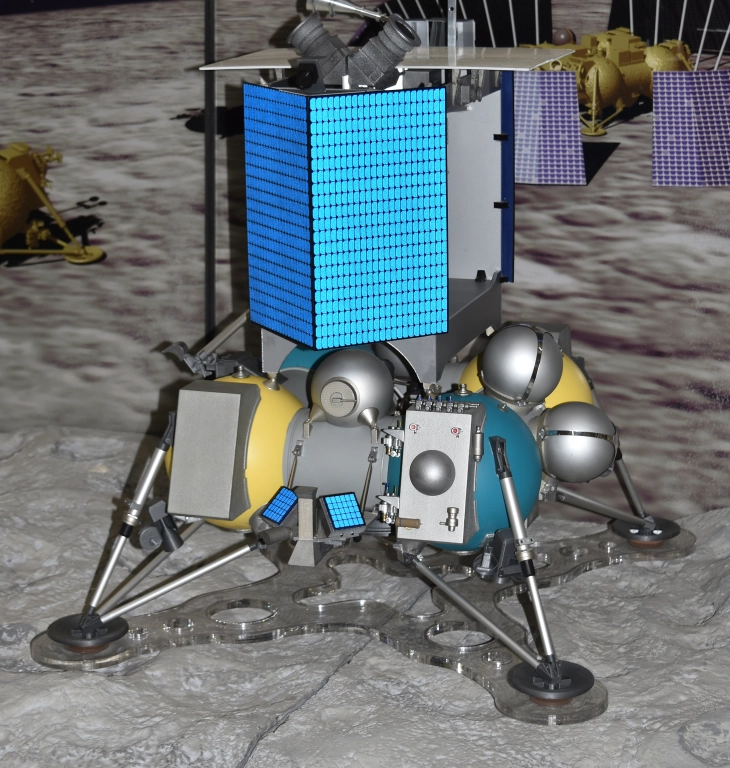
Moscow, 7 August 2023 (dpa/MIA) - Russia announced on Monday that it will launch its Luna-25 spaceprobe to explore the moon on Friday, marking the first mission of its kind in nearly 50 years.
A planned launch in 2022 was delayed due to technical problems.
The Soyuz launcher with an automatic station on board will be brought to the launch site at the new Vostochny Cosmodrome on Tuesday, the Russian space agency Roscosmos announced in Moscow on Monday.
The launch is planned for 9:10 am on Friday (2310 GMT on Thursday).
This mission is very much delayed as the first planned launch for a lunar probe was scheduled for 2012, with the last target date set as May 2022.
Luna-25 is part of the Russian lunar programme, which envisages the construction of a space station on the Earth's satellite by 2040.
Moscow last sent the probe Luna-24 to the moon in 1976 when Russia was then part of the Soviet Union.
Luna-25 is to help develop a technology for soft landings. To do this, it will collect and analyse soil samples from the moon. The planned scientific investigations also include a study of the surface layers in the area of the moon's southern pole as well as its ecosphere.
In the Far Eastern region of Khabarovsk, authorities announced an evacuation of the village of Shakhtinsky on Friday ahead of the planned rocket launch because the first rocket stage of the Soyuz could hit there.
Regional authority chief Alexei Maslov said people would be moved to safety starting from 7:30 am on Friday.
"This is the first [Russian] lunar programme of the 21st century," he said. Access to the region with rocket remnants would be strictly prohibited, he said. Maslov did not say how long people would have to stay away from their homes.
Roscosmos had originally worked with the European Space Agency (ESA) on the Russian lunar programme. After Russia's invasion of Ukraine more than 17 months ago, ESA ended its cooperation with Moscow.
Photo: Wikipedia
